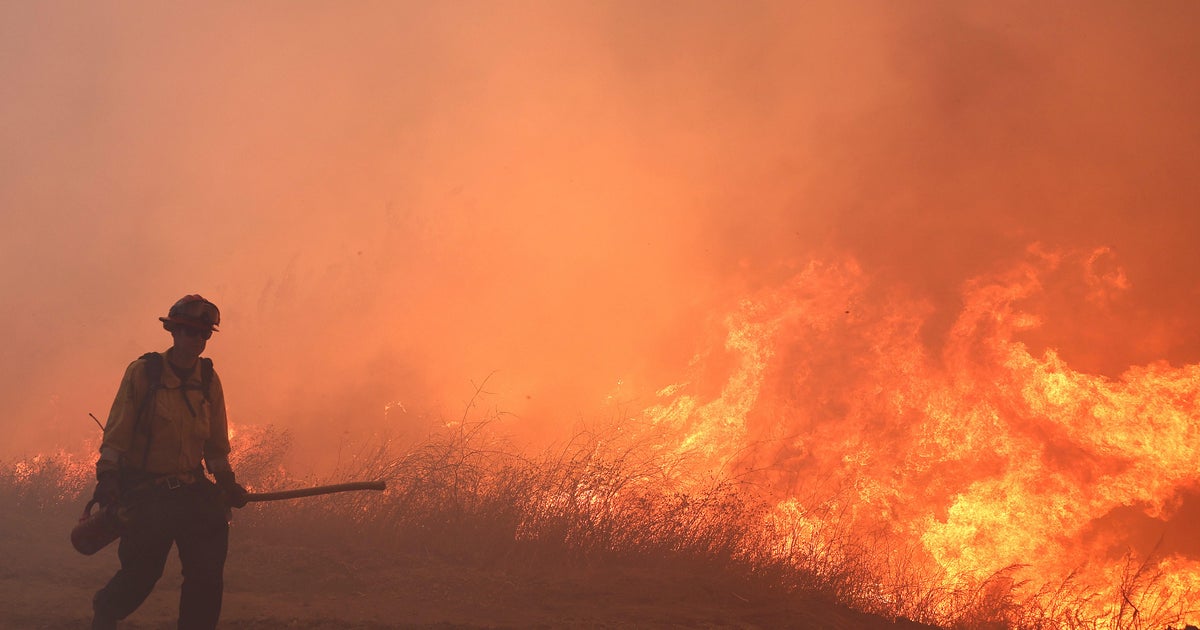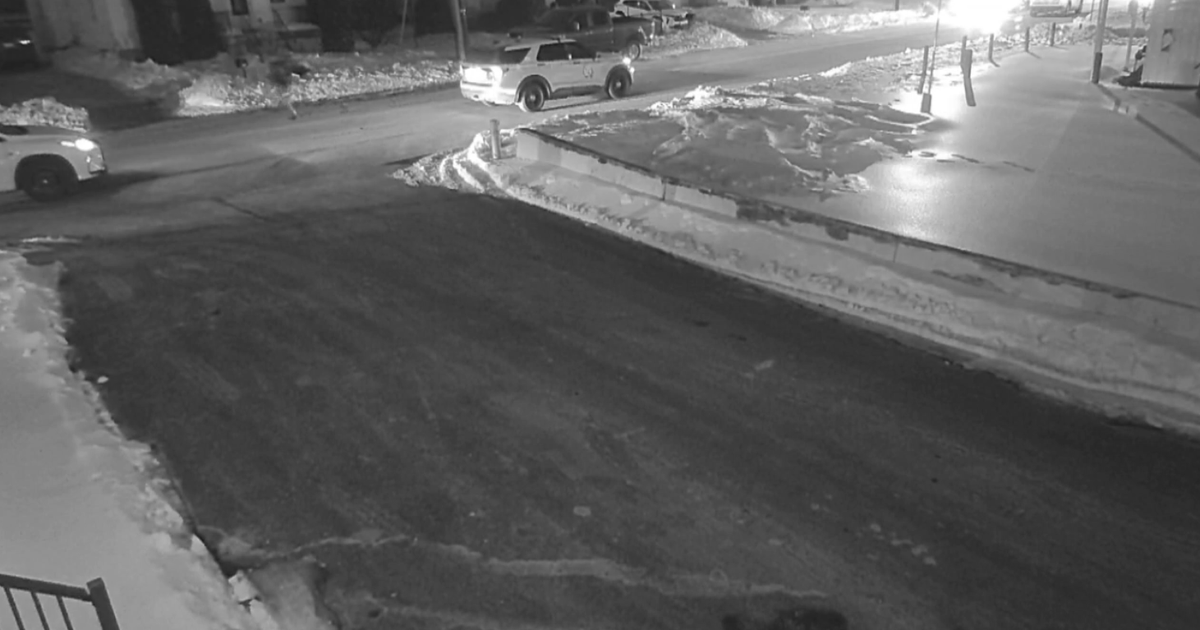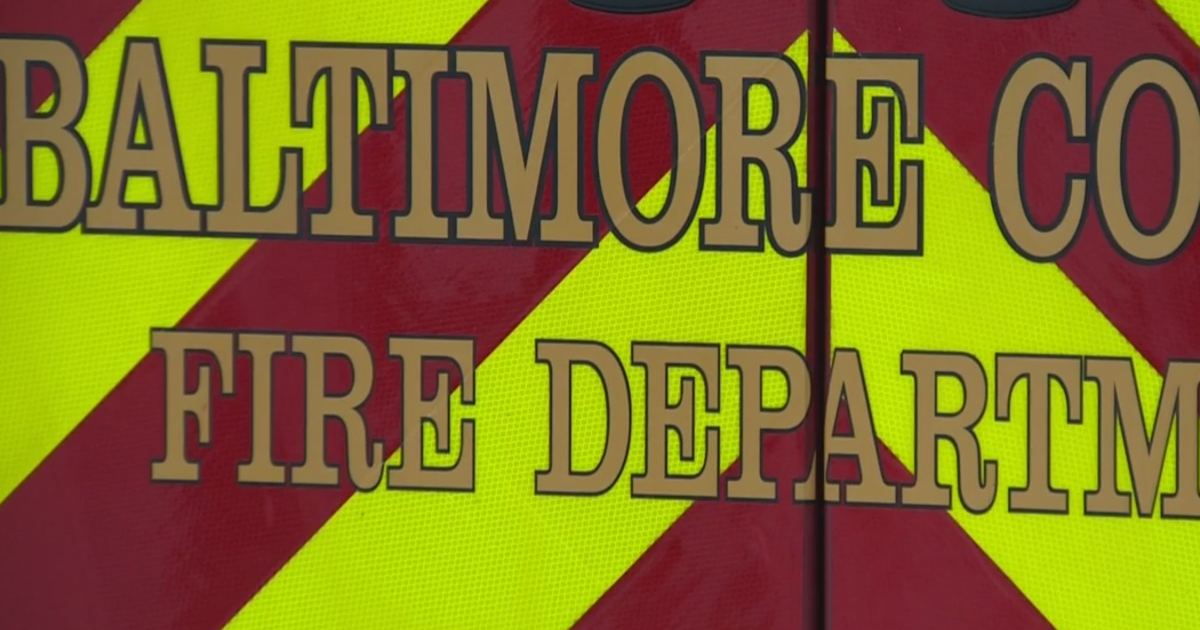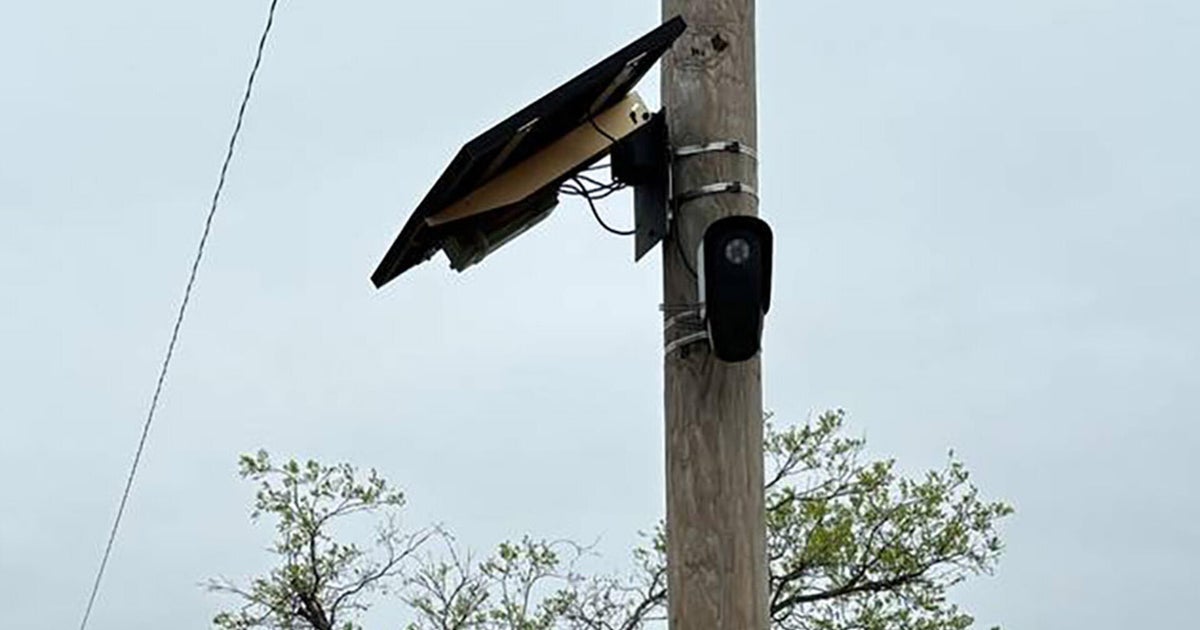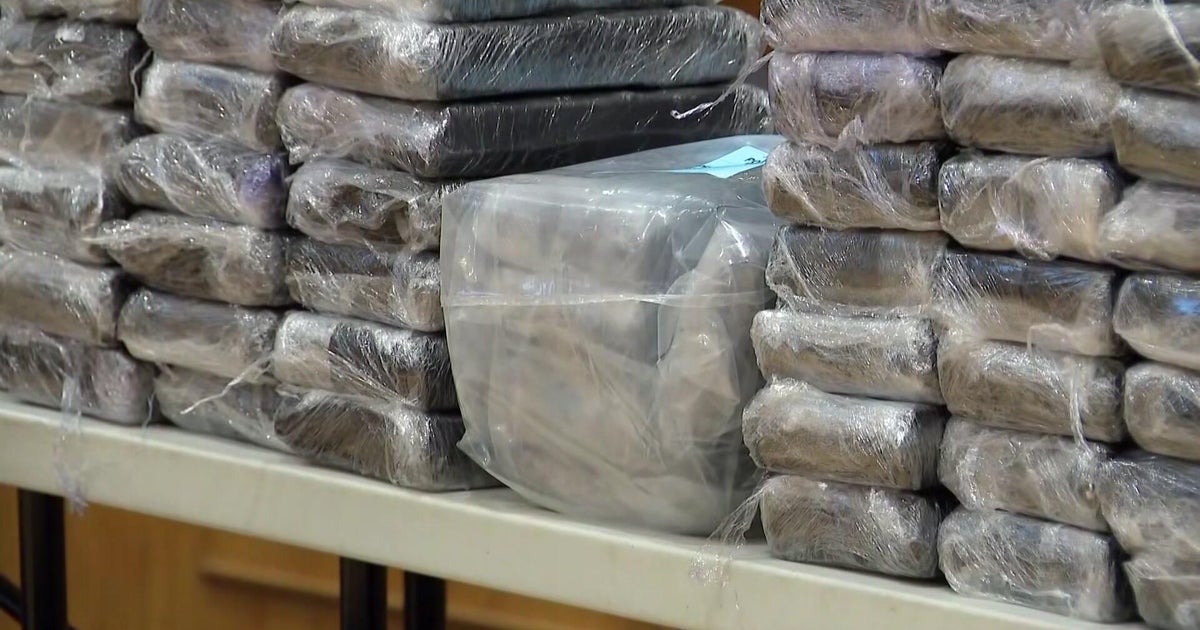Napa County's famed Wine Country prepares for climate change
NAPA COUNTY -- Drought, heat, and wildfires all threaten Wine Country grape harvests, but growers are getting creative to defend their crops.
Climate change is endangering California's wine industry. Just ask some of the industry's titans.
"Oh dramatically," responded Andy Beckstoffer of Napa. His Beckstoffer Vineyards is the largest grape grower in Northern California
"We're way past deciding whether it's real or not. We can see it," agreed celebrated winemaker Steve Matthiasson, proprietor of Matthiasson Vineyards.
Both Beckstoffer and Matthiasson see the dangers of climate change. Like many in Napa Valley, they are determined to fight back
"Fighting fire, worrying about fire...what are we doing to do about it?" asked Beckstoffer.
"We need to be smart as farmers and we need to prepare for it," noted Matthiasson.
At their disposal are some innovative strategies being tested on a 40-acre vineyard run by UC Davis known as Oakville Station.
At the small vineyard, researchers conduct critical viticulture studies and generate important data in real-world conditions for California growers and winemakers.
"We are forward thinkers the researchers and industry working together, and we're thinking of ways to control the environment as much as we can," said Dr. Anita Oberholster, an expert in Viticulture and Enology at UC Davis.
The climate is growing hotter and drier, exacerbating California's drought.
At Oakville Station, teams are studying various rootstocks to see which ones are the most drought and heat-resistant. Rows of vines are planted in a different direction to avoid the direct sun.
Layers of leaves as well as artificial shades canopy the fruit in an attempt to keep clusters cooler. The canopies can drop the temperatures dramatically and provide relief to the fruit.
"What it also provides is that it lessens the amount being evaporated from the soil and from the vineyard," explained Dr. Kaan Kurtural, who also specializes in viticulture and enology at UC Davis.
One huge climate challenge for the wine industry are California wildfires. Most climatologists and resources managers agree that the frequency and intensity of wildfires in the state are only going to continue to increase.
"If I have a drought condition, I will lose a part of my harvest. With the smoke, I can lose the whole damn thing," said Beckstoffer.
Dr. Oberholster detailed the problem as it relates to vineyards. She explained how burning wood creates tiny compounds that can seep into grapes. These compounds -- known as volatile phenols -- are the problem that threatens the grapes, not the actual smoke.
If there is wildfire with lots of freshly generated smoke, a lot of volatile phenols are likely getting generated and dispersed into the air.
"Grapes are like little sponges unfortunately, and they do absorb things form the atmosphere," explained the wine expert.
Grapes naturally contain a small amount of these compounds. Smoke-generated amounts in the air can push the grape to absorb higher amounts than what they would normally, to a tipping point that can ruin the fruit's flavor. It's known as smoke taint, and the flavor is unforgettable.
"Think of if you can imagine licking an ashtray," described Dr. Oberholster.
Researchers are working on sensors that can detect whether these fire-generated volatile phenols have contaminated a certain vineyard.
Dr. Oberholser explained these compounds are invisible to the naked eye, and may not be present in big enough amounts in the smoke to taint crops.
Currently, growers are forced to use expensive tests to see if their crops are tainted.
In addition, the team at the Oakville Station are intentionally smoking some vines to see how the taint travels in the plant itself.
Other critical aspects of their work include developing coatings to spray on grapes to protect them from taint and -- if grapes are tainted -- to find a way to filter the compounds out.
Dr. Kurtural travels overseas and told KPIX how when it comes to confronting climate change, the California wine industry is far ahead of other famed wine regions around the world.
Beckstoffer and Matthiasson are ready to embrace and adapt to working methods.
"We know that we need to implement technology to adapt," said Beckstoffer.
"So that we can continue to have a healthy business and make world class wines 25 years from now," noted Matthiasson.
